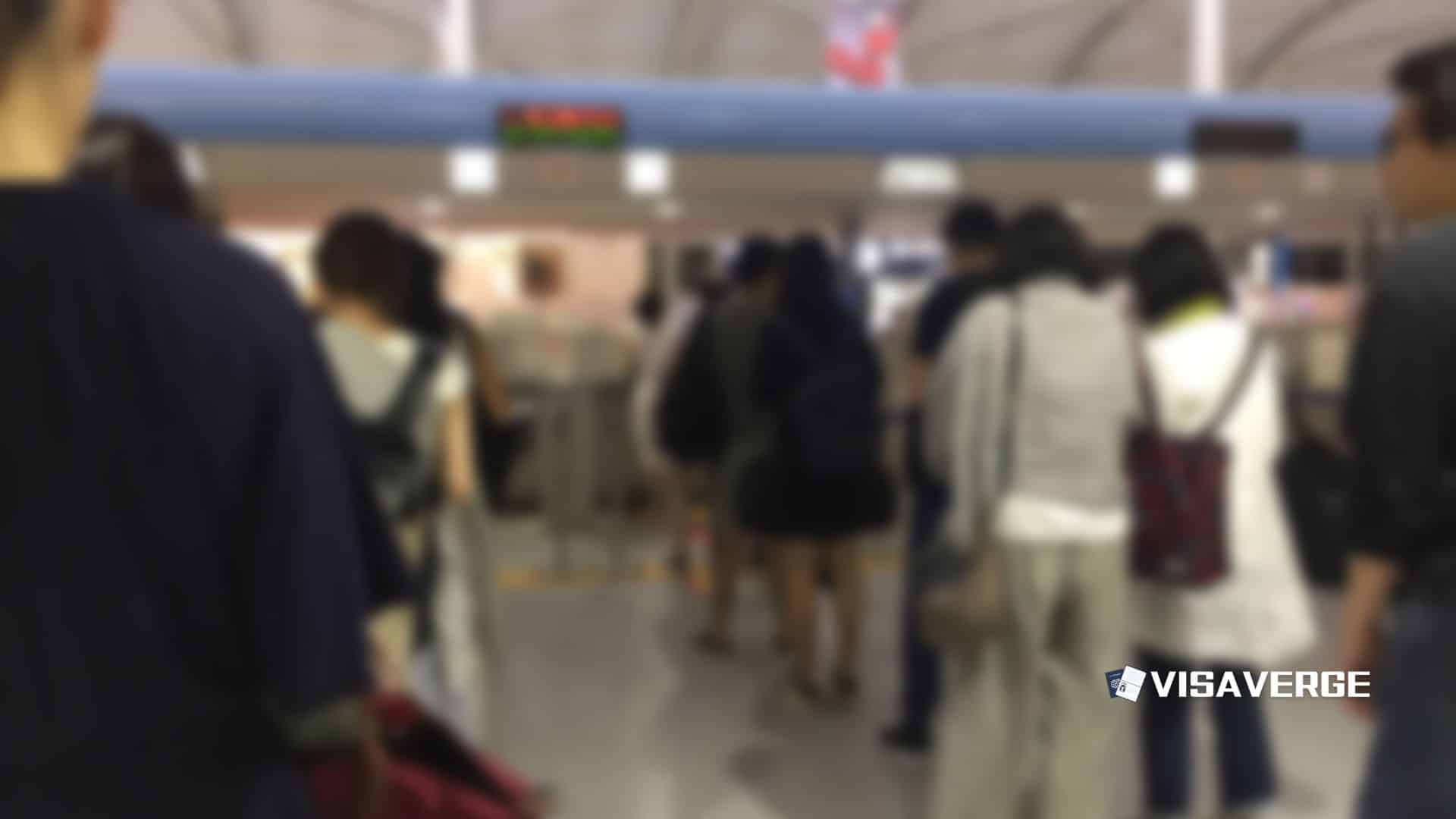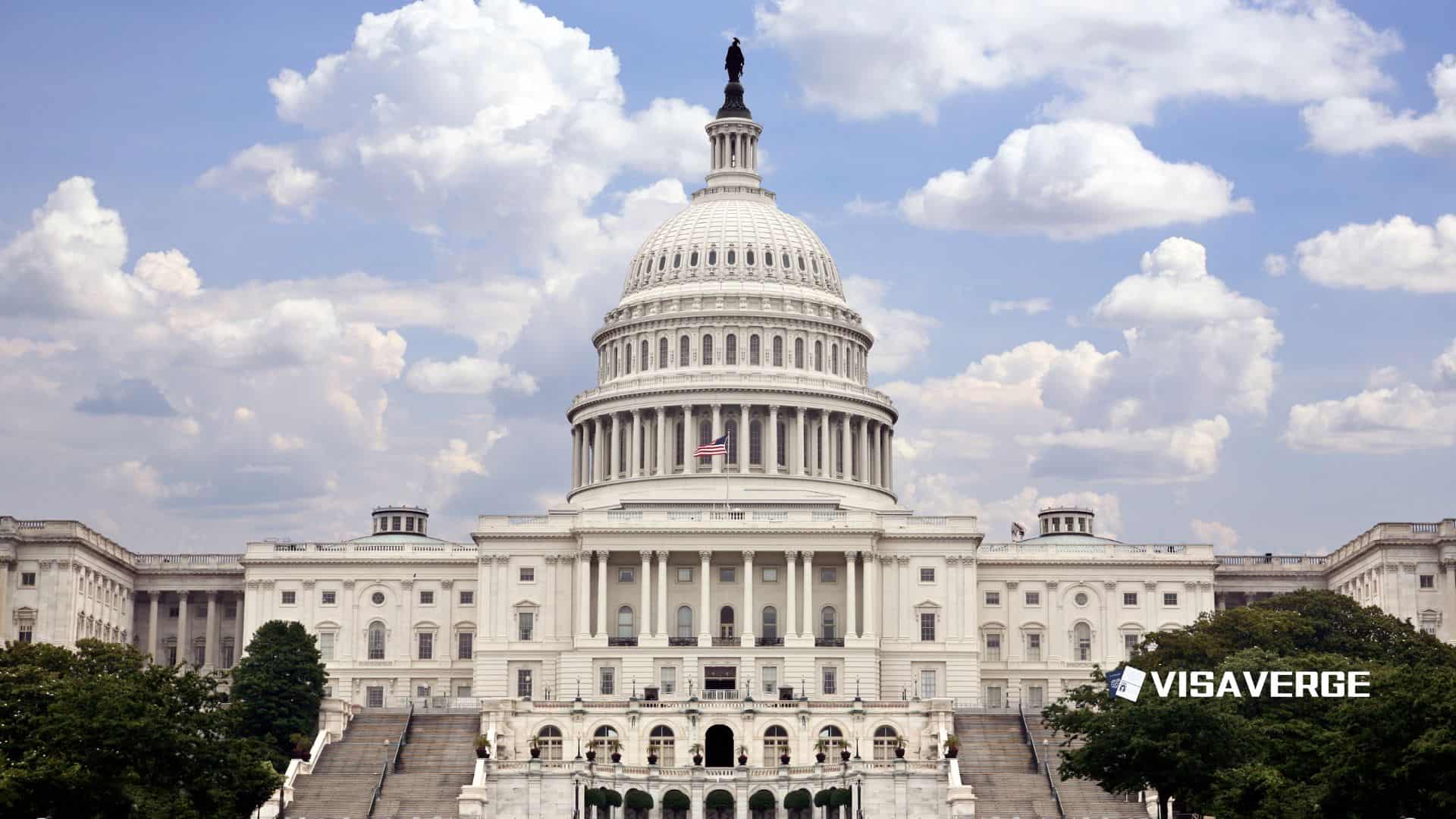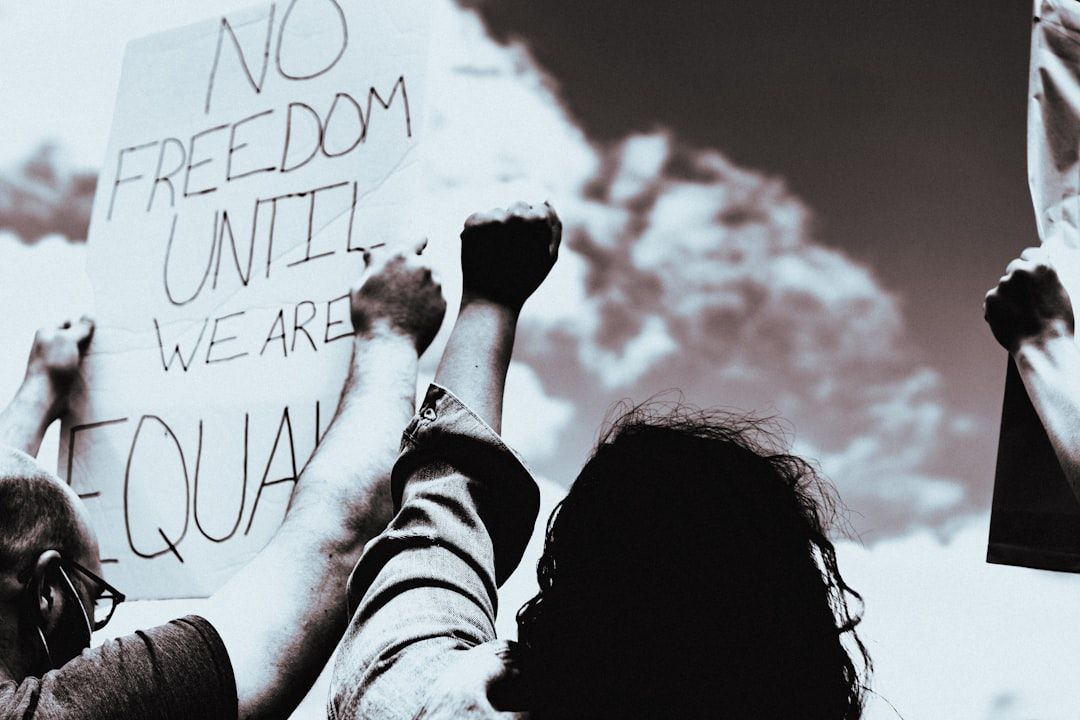(KUWAIT) Kuwait has revoked the citizenship of roughly 50,000 people since 2024 in a sweeping review that senior officials say covers “all nationality files” with “no exceptions.” As of August 12, 2025, the Interior Ministry has paired this drive with hard deadlines and limited protections for some of those affected, including a four‑month grace period that began on July 19, 2025 for people denaturalized under the “Outstanding/Services” clause, and an August 31, 2025 cutoff for women impacted under Article 8 to adjust status while keeping certain benefits during appeals.
Policy changes and scale

First Deputy Prime Minister and Minister of Interior Sheikh Fahad Yousef Al‑Sabah, who chairs the Supreme Committee for Kuwaiti Nationality, confirmed that the state is examining every citizenship file, including those of former ministers and MPs. He also announced plans for an electronic nationality document to tighten identity controls once the review is complete.
Officials report the pace of revocations has quickened:
– >35,000 by end‑2024
– ~42,000 by March 2025
– “Nearly 50,000” by August 2025
The Supreme Committee, formed by decree in 2024, is responsible for:
– Verifying lineage.
– Investigating fraud and forgery claims.
– Referring revocation recommendations to the Cabinet for ratification and publication in the official gazette.
Authorities say they are working with international partners and using biometric tools, including DNA and iris scans, to check identity and family links. In some published decisions, the reason is stated broadly as serving the “higher interest” of the state, which has fueled debate over transparency and due process.
Officials argue the campaign protects national identity and applies the law equally, targeting:
– Unlawful naturalizations
– Unauthorized dual nationality
– Irregular dependency‑based grants, including those tied to “services rendered.”
Kuwaiti citizenship carries substantial social benefits, public‑sector pathways, and political rights. With around 1.5 million citizens in a population of roughly 4.5–5 million, the stakes are high for families whose status—and access to services—depend on a single primary holder.
Immediate deadlines and limited protections
Authorities have announced time‑bound windows and constrained protections. These measures do not restore nationality; they provide limited breathing room to organize legal status, travel, and essential services.
Outstanding/Services cases — four‑month grace period (from July 19, 2025)
Key provisions:
– Travel: May keep using Kuwaiti passports during the four‑month grace period to enable travel and embassy coordination.
– One‑year requirement: Must secure a foreign passport or legal residency in Kuwait within one year of the grace period’s start (through mid‑2026).
– Work and services: May work, typically in non‑supervisory roles, and keep access to education and housing.
– Vehicle ownership & property: Vehicle ownership continues; certain property rights remain but may require transfers within set time frames.
– Property transfers: Some assets must be transferred—often to Kuwaiti relatives—within specified time frames and without fees; commercial holdings may need transfer or gifting per ministry rules.
– Benefit safeguards: Begin status regularization within three months to retain benefits. Convictions for specified crimes, including security or “honor” offenses, can cancel privileges.
– Appeals: May appeal to the Citizenship Withdrawal Grievance Committee, established by Cabinet Resolution No. 207/2025 and amended by No. 493/2025.
Article 8 women — final deadline August 31, 2025
Requirements and protections:
– Status correction: Must finish legal status correction via a new online platform announced in early August. The Interior Ministry said the platform would launch “in the coming days” from August 3.
– Benefits during process: The government will keep all benefits except citizenship for those who actively work with their embassies and meet requirements.
– No extension: Officials have stated there will be no extension beyond August 31, 2025.
– Appeals: Appeals to the Grievance Committee remain open and do not depend on completing status correction steps.
According to analysis by VisaVerge.com, the grace windows reflect an attempt to manage immediate humanitarian needs—travel, jobs, and schooling—while holding firm on the revocations themselves. However, these windows carry strict triggers that can cut benefits if deadlines are missed.
Appeals, rights, and practical impacts
- Appeals process: Appeals go to the Citizenship Withdrawal Grievance Committee. Filing an appeal does not pause the need to meet deadlines for status correction or documentation.
- Case specificity: Outcomes depend on the stated basis for revocation—fraud or forgery, unauthorized dual nationality, “higher interest,” dependency‑based grants judged irregular, or the “Outstanding/Services” route. People should check the exact reason in their published decision to determine applicable deadlines.
- Family impacts: In many Outstanding/Services cases, adults can continue working (not in supervisory roles), children can remain in school, and families can stay in housing tied to benefits provided they start correcting status on time.
- Property rules: Property can often be kept temporarily, but transfers to eligible Kuwaiti relatives are required within Interior Ministry time frames.
- Triggers for loss of protections: Failure to initiate regularization within three months or a qualifying criminal conviction can end allowances.
Human rights lawyers and community advocates warn that fast‑moving revocations risk growing statelessness, especially among long‑settled women and dependents. Kuwait already faces a long‑running “bidoon” stateless population estimated around 120,000. Officials say the campaign is about correcting past wrongs and stopping abuse, not targeting an ethnic or social group, and that all files—high‑profile and ordinary—are under the same review.
Publication practices have become part of the debate. While many decisions appear in official channels, citing the “higher interest” without detailed reasons has raised calls for clearer public criteria. Supporters argue that publication improves accountability; critics say people deserve fuller explanations when citizenship is taken away.
Electronic nationality document and system changes
Kuwait plans to roll out an electronic nationality document after the review to standardize identity records and strengthen border and civil procedures. Officials say the system will help prevent future fraud and align records following the mass review.
Observers will watch how the new system interacts with:
– Residency permits
– Border checks
– The civil registry
What to watch in the coming months
- Additional revocation rounds as the Supreme Committee completes audits and the Cabinet ratifies more decisions.
- The performance of the Interior Ministry’s online platform for Article 8 cases and whether any targeted measures follow the August 31, 2025 deadline.
- The end of the four‑month grace period for Outstanding/Services cases in mid‑November 2025, and enforcement of the one‑year documentation requirement through mid‑2026.
- Operational details for the electronic nationality document and its use in civil and travel processes.
Important steps for affected people:
– Keep records and track official announcements, including the government gazette and Kuwait News Agency updates.
– For official notices and service guidance, see the Kuwait Ministry of Interior at https://www.moi.gov.kw/.
– Match your actions to the reason listed in your decision:
1. If it cites “Outstanding/Services”: use the grace period now — keep travel moving if needed, start regularization, secure a foreign passport or Kuwaiti residency within the year, and prepare an appeal if you plan to contest.
2. If you are an Article 8 woman: complete status correction by August 31, 2025, stay in touch with your embassy, and file an appeal if you disagree with the decision.
Officials maintain that equal application of the law guides this process. Families living through it say the rules feel anything but equal. The weeks ahead will show whether deadlines and appeals can balance those two realities.
This Article in a Nutshell
Kuwait’s nationality review revoked about 50,000 citizenships since 2024. A July 19, 2025 four-month grace aids Outstanding/Services cases; Article 8 women face an August 31, 2025 final deadline. Appeals go to the Citizenship Withdrawal Grievance Committee, while plans for an electronic nationality document aim to tighten identity controls.













